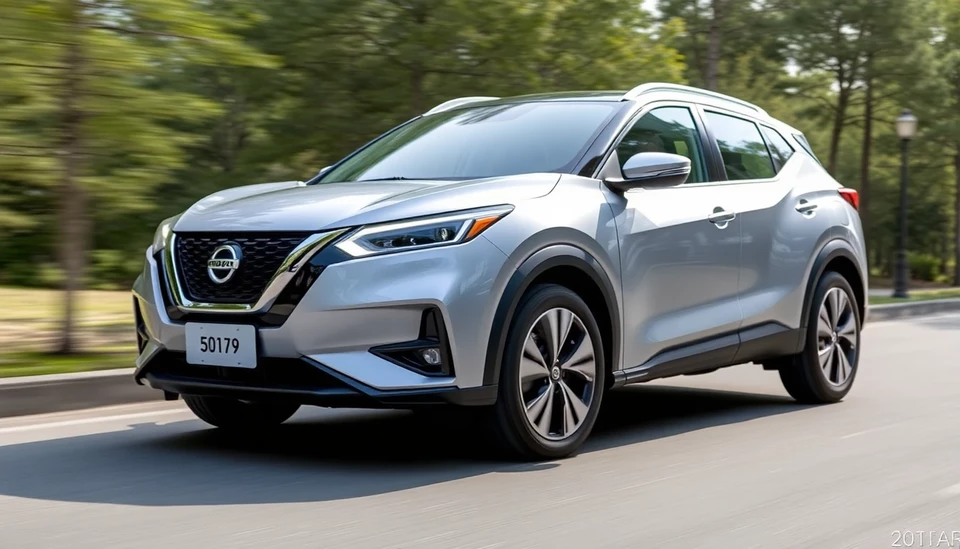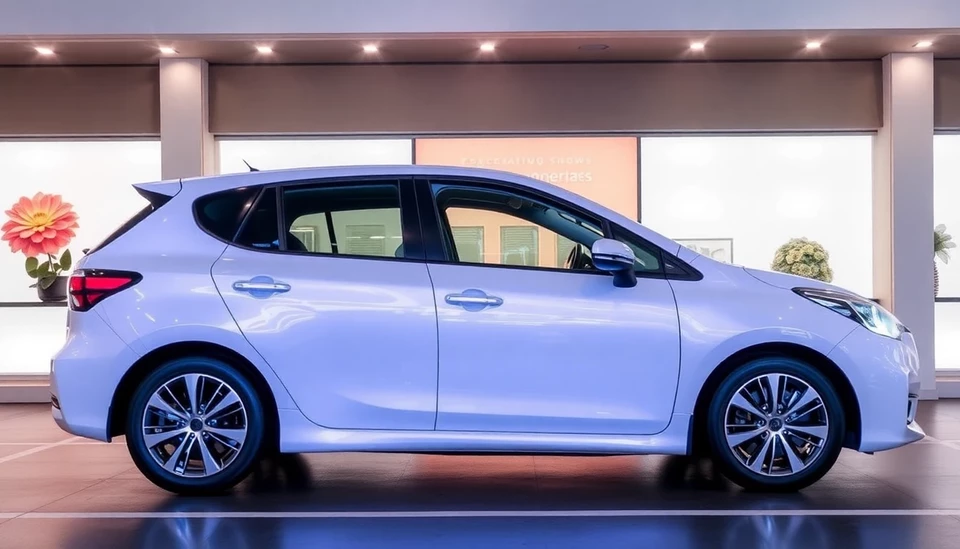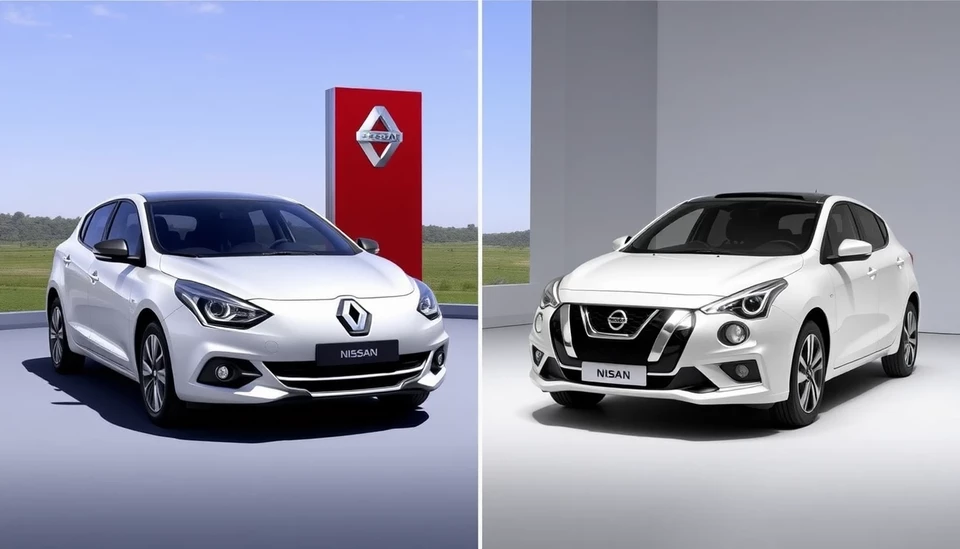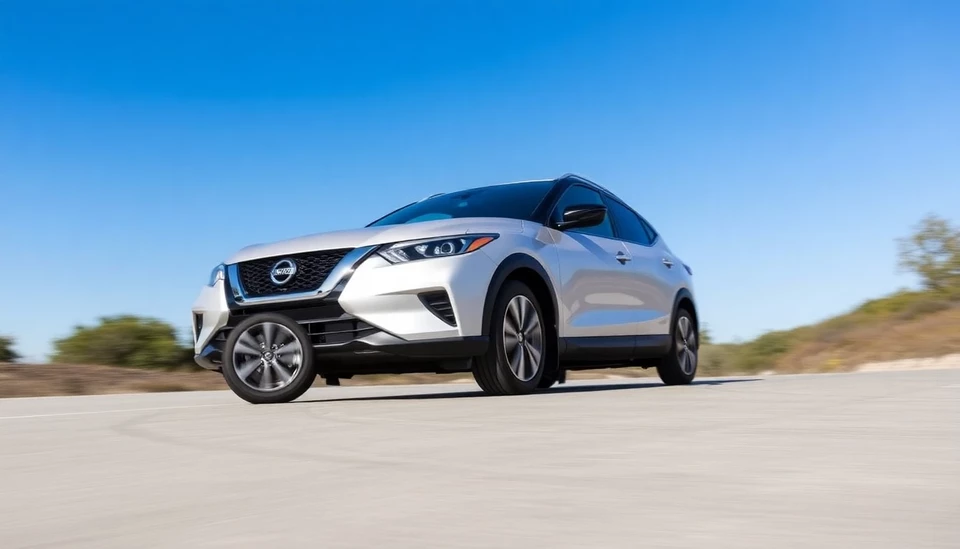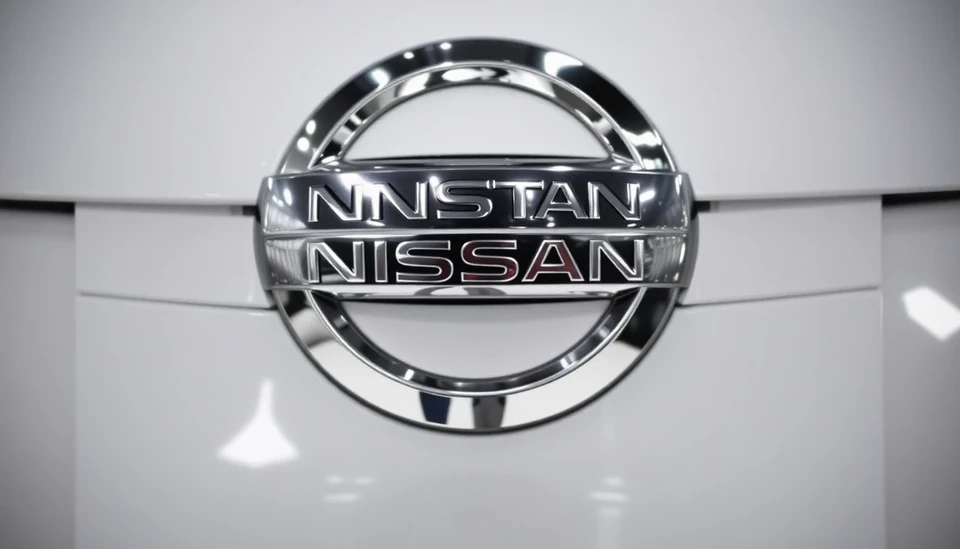
In a significant shift in the automotive industry, Nissan Motor Co. has reportedly decided to abandon its plans to merge with Japanese rival Honda Motor Co. This decision, as reported by Nikkei, comes amidst an ongoing reevaluation of strategies by both companies in an increasingly competitive market.
The discussions between Nissan and Honda had been at various stages for some time, with both manufacturers exploring potential synergies in research and development, production, and electric vehicle technology. However, internal and external pressures, including financial results and market dynamics, seem to have influenced this pivotal change in direction.
Sources indicate that the management teams at both companies faced differing priorities and concerns regarding their future plans. Nissan, which has been focusing on restructuring its operations and revitalizing its financial health after facing significant losses in previous years, appears to have decided that the merger would not align with its immediate objectives.
Conversely, Honda has been concentrating on developing its own strategies for electric and hybrid vehicles while facing its own share of challenges, including navigating supply chain disruptions and rising production costs. The divergence in their strategic priorities has seemingly contributed to the end of the merger discussions.
This development is emblematic of the ongoing transformations within the automotive sector, where manufacturers are increasingly prioritizing innovation, sustainability, and competitive advantages over historical alliances and mergers. As technological advancements and consumer preferences shift rapidly, companies are now more inclined to pursue independent paths that they believe will secure their positions in the market.
Industry analysts have expressed concern that this breakup could lead to increased competition rather than collaboration. Both Nissan and Honda have been significant players in the automotive market, and their individual strategies could influence the direction of the industry substantially. While Nissan may pursue its path focusing on its electric vehicle initiative, Honda's commitment to fuel efficiency technologies could also reshape market dynamics.
As the automotive world looks to the future, stakeholders are keenly observing how both companies will navigate their separate paths. The announcement has sparked discussions among investors and industry enthusiasts, emphasizing the importance of agility in adapting to the evolving automotive landscape.
In summary, Nissan's decision to abandon the merger with Honda highlights the complexity of strategic partnerships in the current economic climate. As the companies forge ahead individually, the implications of their choices will likely resonate throughout the automotive industry for years to come.
As the market continues to evolve, both Nissan and Honda are expected to unveil their future strategies, providing insight into how they plan to remain competitive in a world increasingly defined by electric and autonomous vehicle technologies.
Stay tuned for further updates on this developing story as both manufacturers redefine their operational strategies and competitive approaches.
#Nissan #Honda #AutomotiveIndustry #Mergers #ElectricVehicles #MarketTrends #BusinessNews #JapanAutomakers
Author: Samuel Brooks
